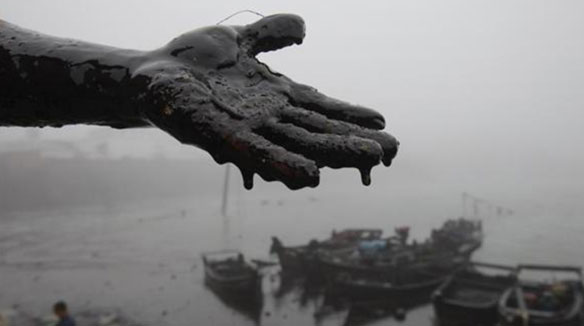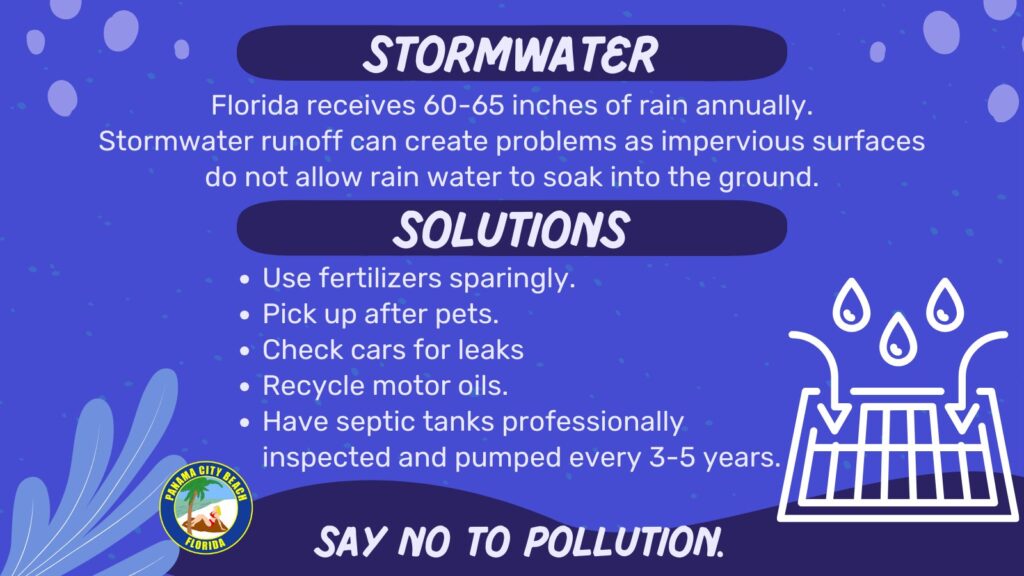Oil is a versatile substance that plays a crucial role in our daily lives. From fueling our cars to heating our homes, oil is an essential resource. However, the impact of oil on humans goes beyond its practical uses. The extraction, transportation, and consumption of oil can have both positive and negative effects on human health and well-being.
1. Air Pollution
One of the most significant ways oil affects humans is through air pollution. The burning of oil, whether in vehicles, power plants, or other industrial processes, releases harmful pollutants into the air. These pollutants, such as carbon monoxide, sulfur dioxide, and nitrogen oxides, can lead to respiratory problems, cardiovascular diseases, and even premature death.
Exposure to air pollution from oil can exacerbate existing health conditions like asthma and increase the risk of developing lung cancer. Children, the elderly, and individuals with respiratory issues are particularly vulnerable to the health effects of air pollution from oil.
2. Water Pollution
In addition to air pollution, oil can also impact humans through water pollution. Oil spills, whether from offshore drilling rigs or tanker accidents, can contaminate water sources and aquatic ecosystems. When oil enters water bodies, it can harm marine life, disrupt food chains, and contaminate drinking water sources.
Humans who rely on contaminated water sources may suffer from gastrointestinal issues, skin problems, and other health problems. The toxins present in oil can bioaccumulate in fish and other seafood, posing a risk to human health through the consumption of contaminated food.

Credit: coastalcare.org
3. Occupational Hazards
Workers in the oil and gas industry are exposed to various occupational hazards that can impact their health. From drilling rigs to refineries, workers face risks such as chemical exposure, physical injuries, and ergonomic strains. Exposure to toxic chemicals used in oil extraction and processing can lead to long-term health issues.
Oil workers may also face risks from accidents like explosions, fires, and equipment failures. These incidents can result in severe injuries or even fatalities. Proper safety measures and training are essential to protect the health and well-being of workers in the oil and gas industry.

Credit: amazonfrontlines.org
4. Climate Change
The burning of oil is a major contributor to climate change, which has far-reaching impacts on human health. As oil is a fossil fuel, its combustion releases greenhouse gases like carbon dioxide into the atmosphere. These gases trap heat and lead to global warming, resulting in changes to weather patterns, rising sea levels, and extreme events like hurricanes and heatwaves.
Climate change can affect human health in various ways, including heat-related illnesses, respiratory problems from poor air quality, and the spread of infectious diseases. Vulnerable populations, such as low-income communities and marginalized groups, are disproportionately affected by the health impacts of climate change exacerbated by oil consumption.
5. Economic Impacts
The oil industry has significant economic impacts on human populations. While oil extraction and production can create jobs and drive economic growth in certain regions, it can also lead to economic instability and inequality. The reliance on oil as a primary energy source can make economies vulnerable to fluctuations in oil prices and market dynamics.
Communities that depend heavily on the oil industry may face challenges like environmental degradation, social disruption, and health disparities. Transitioning to cleaner energy sources and diversifying economies away from oil dependence can help mitigate these economic impacts and create more sustainable futures for human populations.
Conclusion
Oil has both direct and indirect effects on human health and well-being. From air and water pollution to occupational hazards and climate change, the impact of oil on humans is multifaceted. As we strive to address the challenges posed by oil consumption, it is essential to consider the health implications and work towards sustainable energy solutions that prioritize human health and environmental well-being.
By raising awareness about the ways oil affects humans and advocating for policies that promote cleaner energy alternatives, we can create a healthier and more sustainable future for all.


